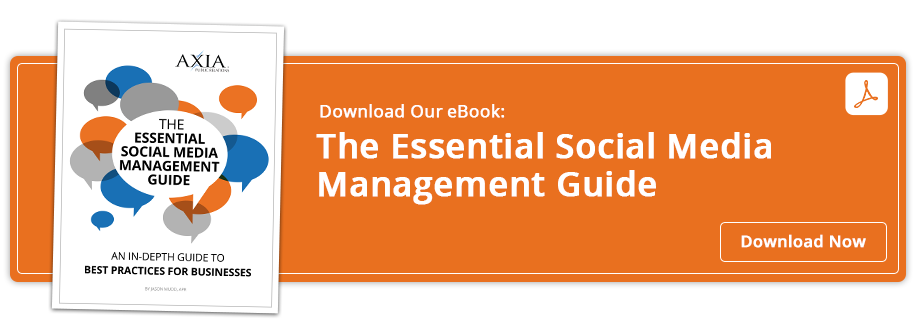 If you ignore Google, it may ignore you!
If you ignore Google, it may ignore you!
By Jason Mudd, APR
Your company has followed all the smart advice about making the most of social media for business. Most likely, you have hired a social media manager (or outsourced one) who ensures that you have a constant presence on Facebook, Twitter, LinkedIn and maybe even Instagram and Pinterest. You may also have some videos on YouTube. What about Google+?
Many companies have neglected Google+ because they feel it’s still new and unpopular. However, there are several reasons why you need to give this platform more than a passing glance. In fact, I would go so far as to say that Google+ should move to the front of the line when it comes to the social media focus for your business. Here’s why:
Why Google+ is critical
Sure, there’s Bing, Yahoo and a few others that concentrate on a specific area (such as travel), but most people don’t use them much. Without a doubt, Google is the No. 1 search engine. Just think about how often you hear the term “Google it” each week.
Let’s face it, if you’re not on the first page of a customer’s Google search results, you may as well not exist. In terms of search engine optimization, which is critical for all companies if we want to be found by customers, Google is where we turn for approval and guidance.
Now Google has created its own social media platform, and like any business endeavor, the Internet giant wants it to succeed. Therefore, it stands to reason that Google will continue integrating Google+ information and metrics more and more into those all-important, make-or-break search engine results.
Simply put, Google+ is the new kid on the block with the muscle of the world’s most important search engine standing behind it. As a result, Google has introduced hashtags and incorporated other features to make it even more powerful.
For example, when users search hashtags, they can see a list of related Google+ posts on the side of the page, which can add a considerable boost to your website visits and overall SEO. Additionally, likes on Google+ eventually show up on Google’s search engine results pages, which will ultimately increase your search engine rankings.
According to Google, there are more than one billion Google+ accounts, but only about 300 million of those are active each month. Nevertheless, some experts predict that Google+ will exceed Facebook as the go-to social media platform by 2016.
Google+ features that you may find valuable for your business:
-
Business pages that allow you to easily segment your contact database
-
No limits on characters or how much information you can share
-
Google+ Hangouts that let you video chat with people and automatically link your video content to your YouTube channel, enhancing your reach and exposure
-
SEO efforts are less expensive than other methods for customer outreach, engagement and fostering brand loyalty.
-
Since Google owns YouTube, there is a more seamless connection between the two. For example, Google+ groups can see comments and likes on a video.
Google+ PR equals success
At Axia, we are all about the business of making your company more visible at every stage of the sales cycle funnel. If you’re not using Google+ effectively in this area, you will soon fall behind. Download our e-book The Essential Social Media Management Guide or contact me today to learn how you can start taking advantage of all Google+ has to offer to get your business to the next level.
 – Jason Mudd, APR, is CEO of Axia Public Relations. He is an Emmy Award-winning accredited public relations practitioner, speaker, author and entrepreneur. His public relations portfolio includes work for established national and emerging brands such as American Airlines, Budweiser, Dave & Buster’s, Brightway, Florida Blue, H&R Block, Hilton, HP, Miller Lite, New York Life, Pizza Hut, Ray Charles, Southern Comfort, Verizon and more. Connect with Jason on Twitter at @jasonmudd9 and Axia Public Relations at@axiapr. Be sure to tweet and share your thoughts below. We’ll read and respond to each of them.
– Jason Mudd, APR, is CEO of Axia Public Relations. He is an Emmy Award-winning accredited public relations practitioner, speaker, author and entrepreneur. His public relations portfolio includes work for established national and emerging brands such as American Airlines, Budweiser, Dave & Buster’s, Brightway, Florida Blue, H&R Block, Hilton, HP, Miller Lite, New York Life, Pizza Hut, Ray Charles, Southern Comfort, Verizon and more. Connect with Jason on Twitter at @jasonmudd9 and Axia Public Relations at@axiapr. Be sure to tweet and share your thoughts below. We’ll read and respond to each of them.
Topics: public relations, inbound marketing, shared media



Comment on This Article